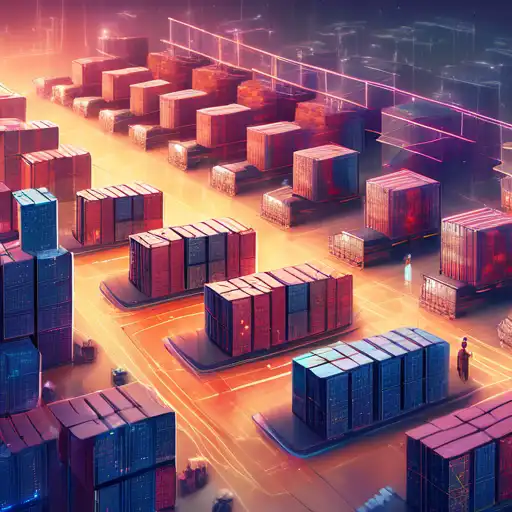The Transformative Impact of Blockchain on Global Supply Chains
In the digital age, blockchain technology is emerging as a revolutionary force in transforming global supply chains. By offering unparalleled transparency, security, and efficiency, blockchain is setting new standards for how goods are tracked and transactions are recorded across the globe.
Understanding Blockchain in Supply Chains
Blockchain, at its core, is a distributed ledger technology that allows data to be stored globally on thousands of servers. This makes it nearly impossible for one entity to gain control of the network or falsify information. In the context of supply chains, this technology ensures that every transaction or movement of goods is recorded in a tamper-proof manner.
Key Benefits of Blockchain for Supply Chains
- Enhanced Transparency: Every participant in the supply chain can access the same information, reducing discrepancies and fostering trust.
- Improved Security: The decentralized nature of blockchain makes it highly resistant to fraud and cyber attacks.
- Increased Efficiency: Smart contracts automate processes, reducing the need for manual intervention and speeding up transactions.
- Better Traceability: From raw materials to final products, every step is recorded, making it easier to trace the origin of goods.
Real-World Applications
Several industries are already leveraging blockchain to enhance their supply chains. For example, the food industry uses it to track the journey of products from farm to table, ensuring safety and quality. Similarly, the pharmaceutical sector employs blockchain to combat counterfeit drugs by verifying the authenticity of medications.
Challenges and Considerations
Despite its potential, the adoption of blockchain in supply chains faces hurdles such as high implementation costs, scalability issues, and the need for standardization across industries. However, as technology evolves, these challenges are expected to diminish.
The Future of Supply Chains with Blockchain
As blockchain technology continues to mature, its integration into supply chains is anticipated to deepen, leading to more resilient, transparent, and efficient global trade networks. Companies that embrace this innovation early will likely gain a competitive edge in the marketplace.
For those interested in exploring how blockchain can revolutionize their supply chains, staying informed about the latest developments and case studies is crucial. The journey towards digital transformation is complex, but the rewards are substantial for those willing to navigate the challenges.
